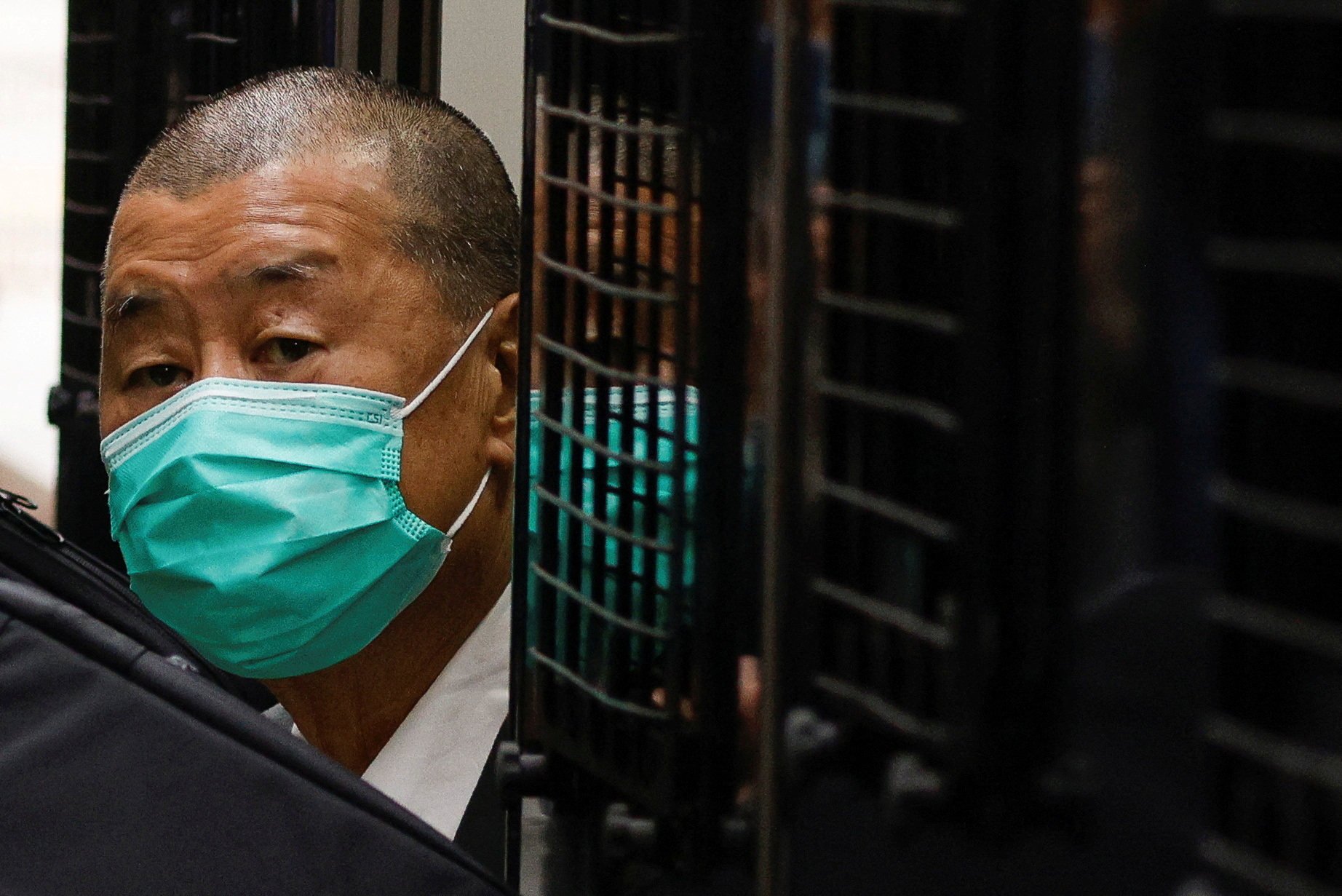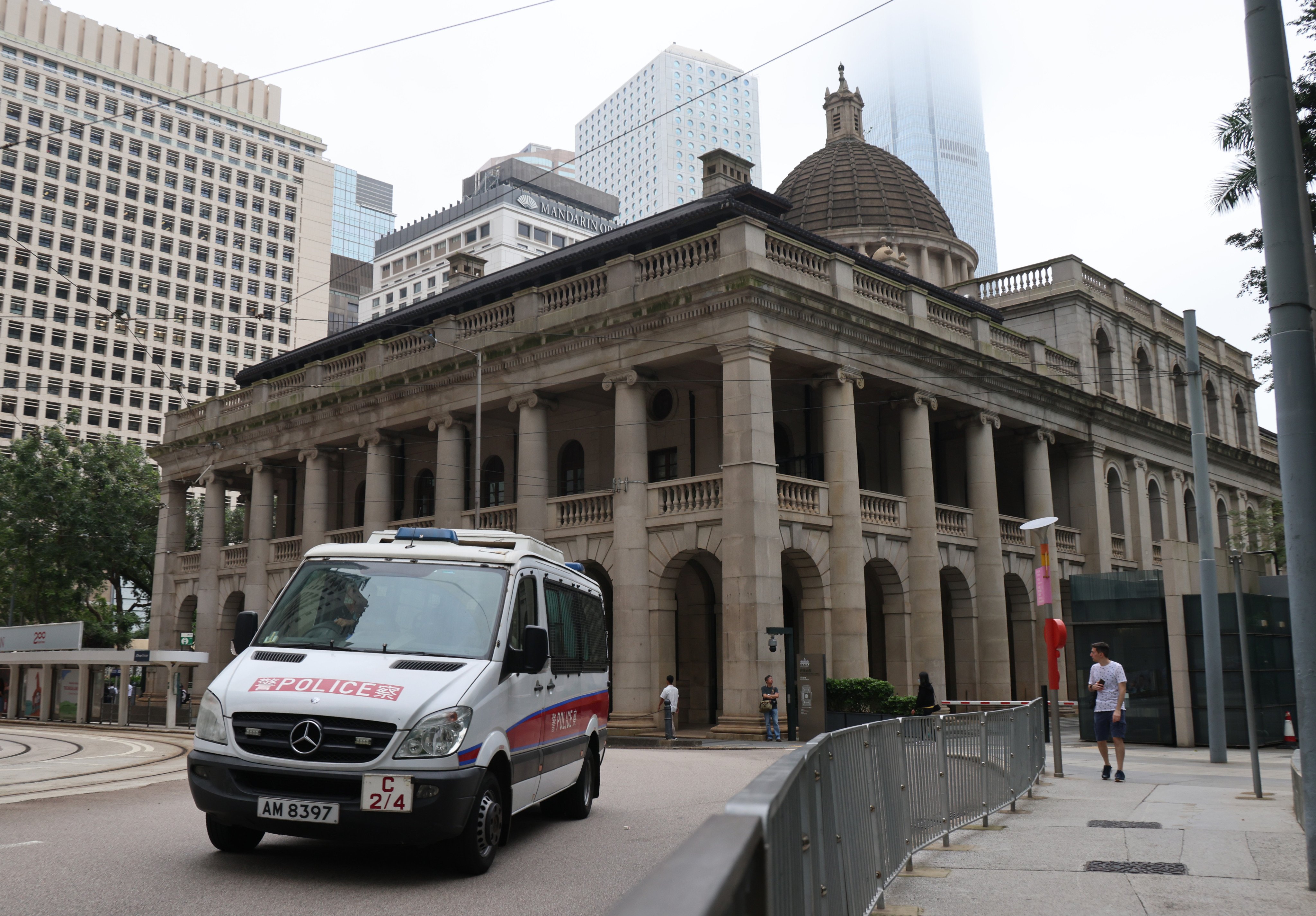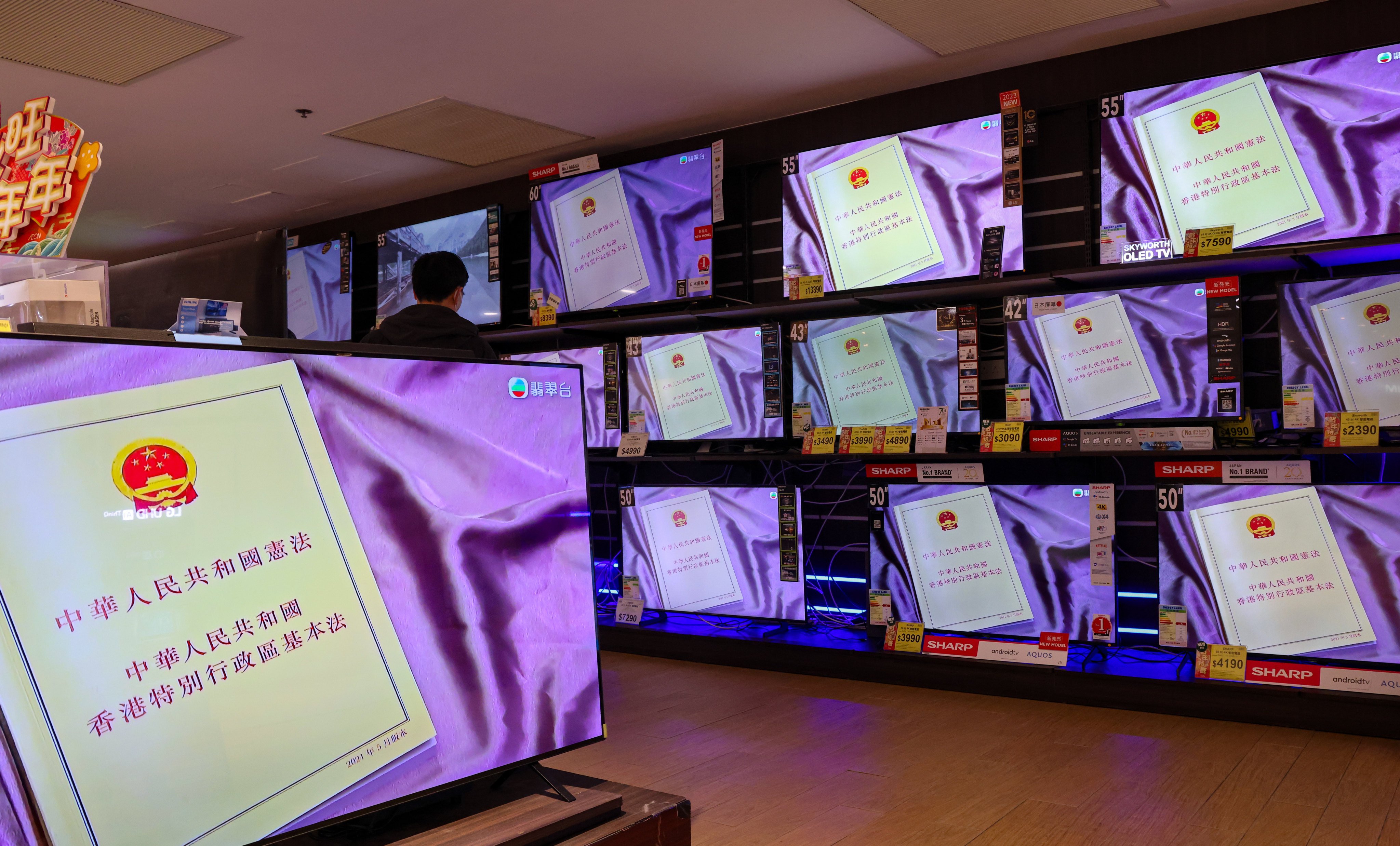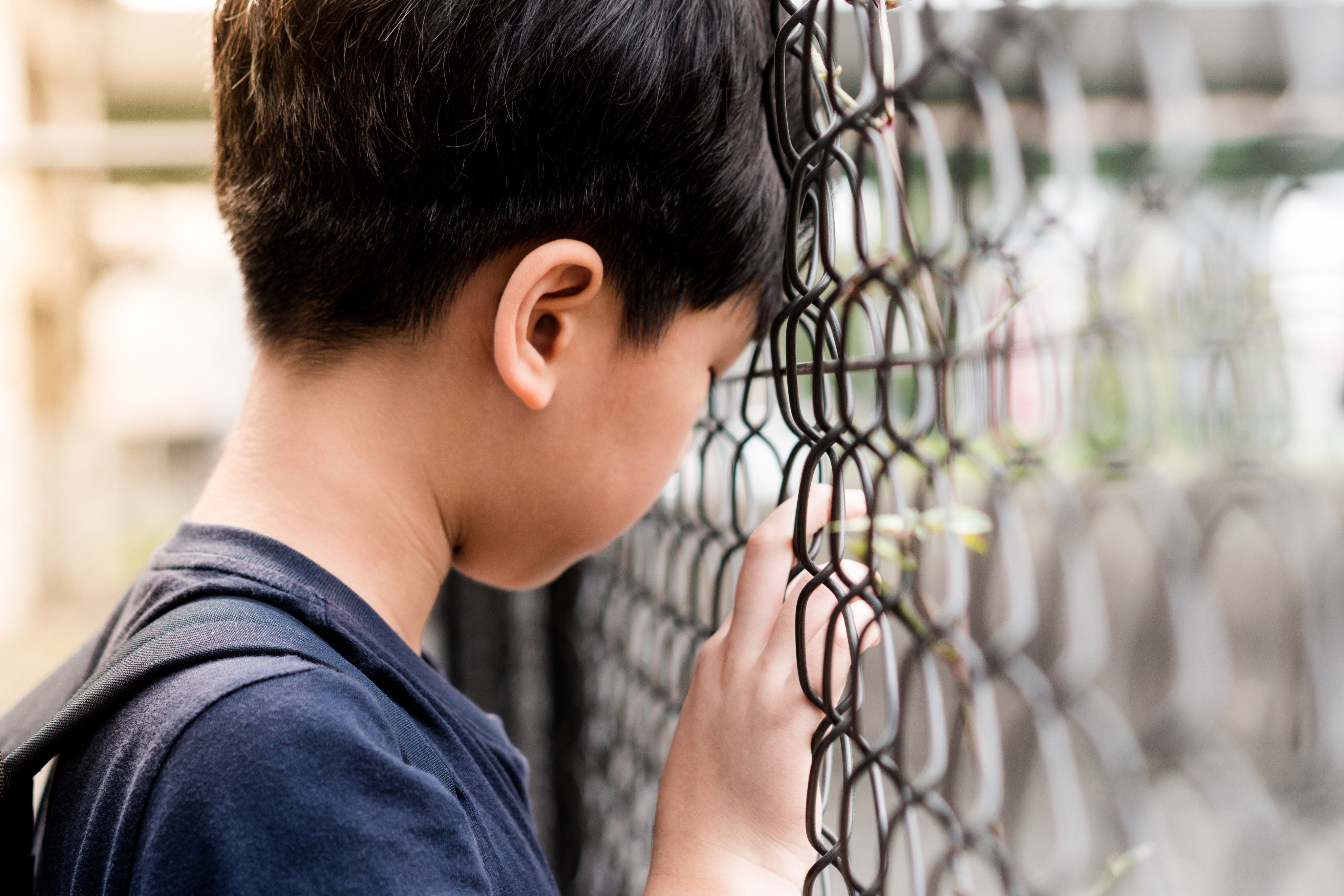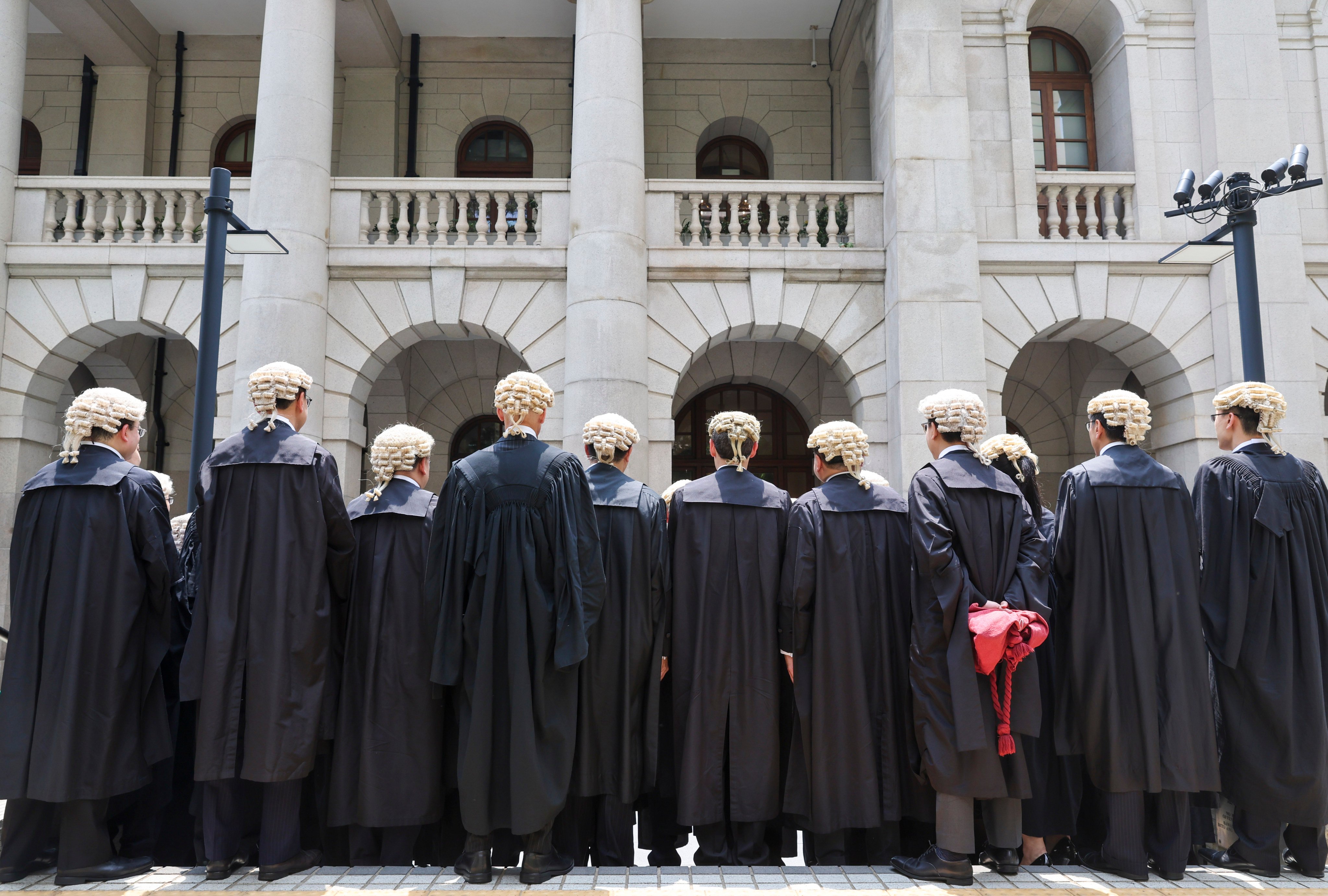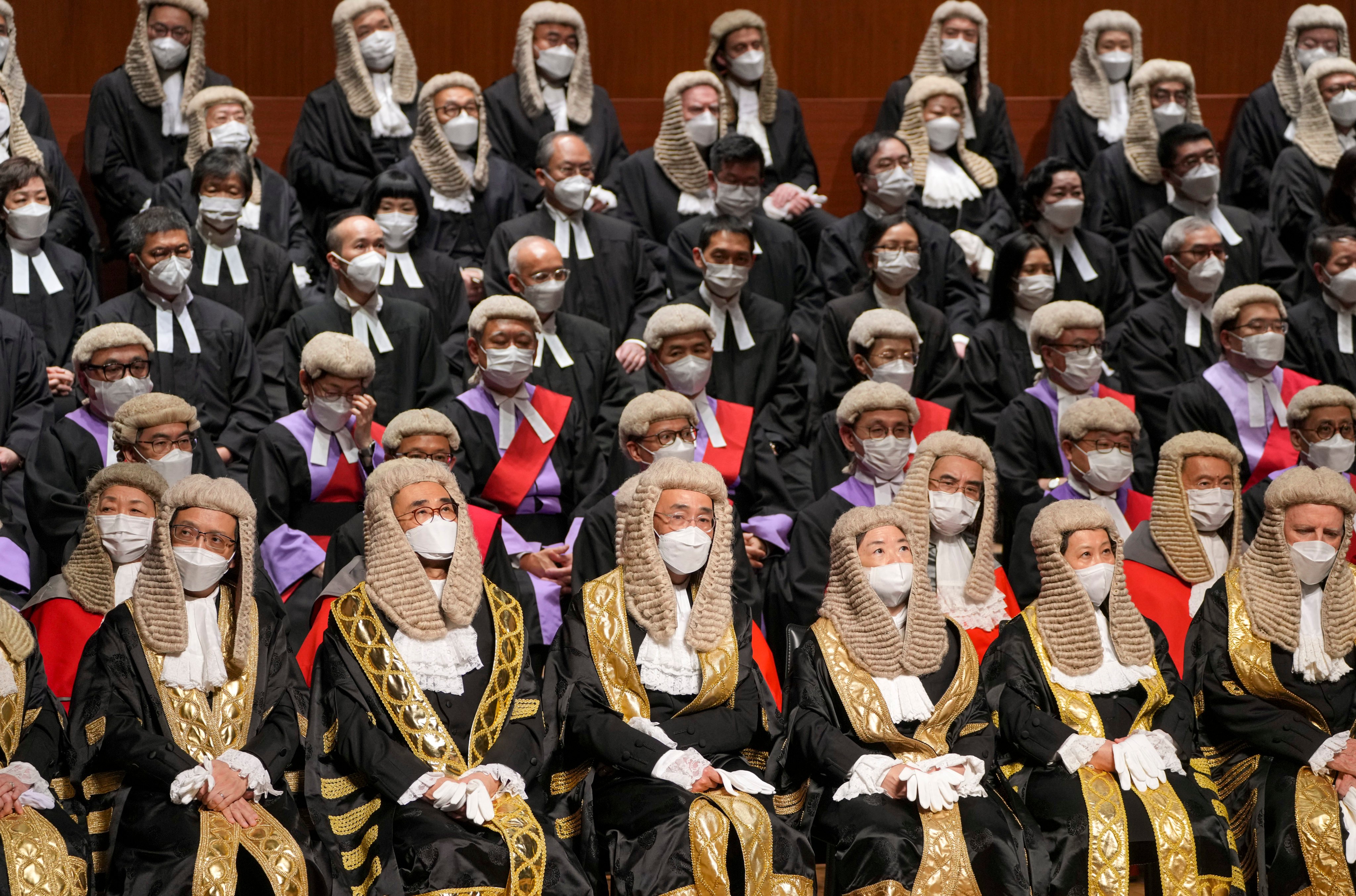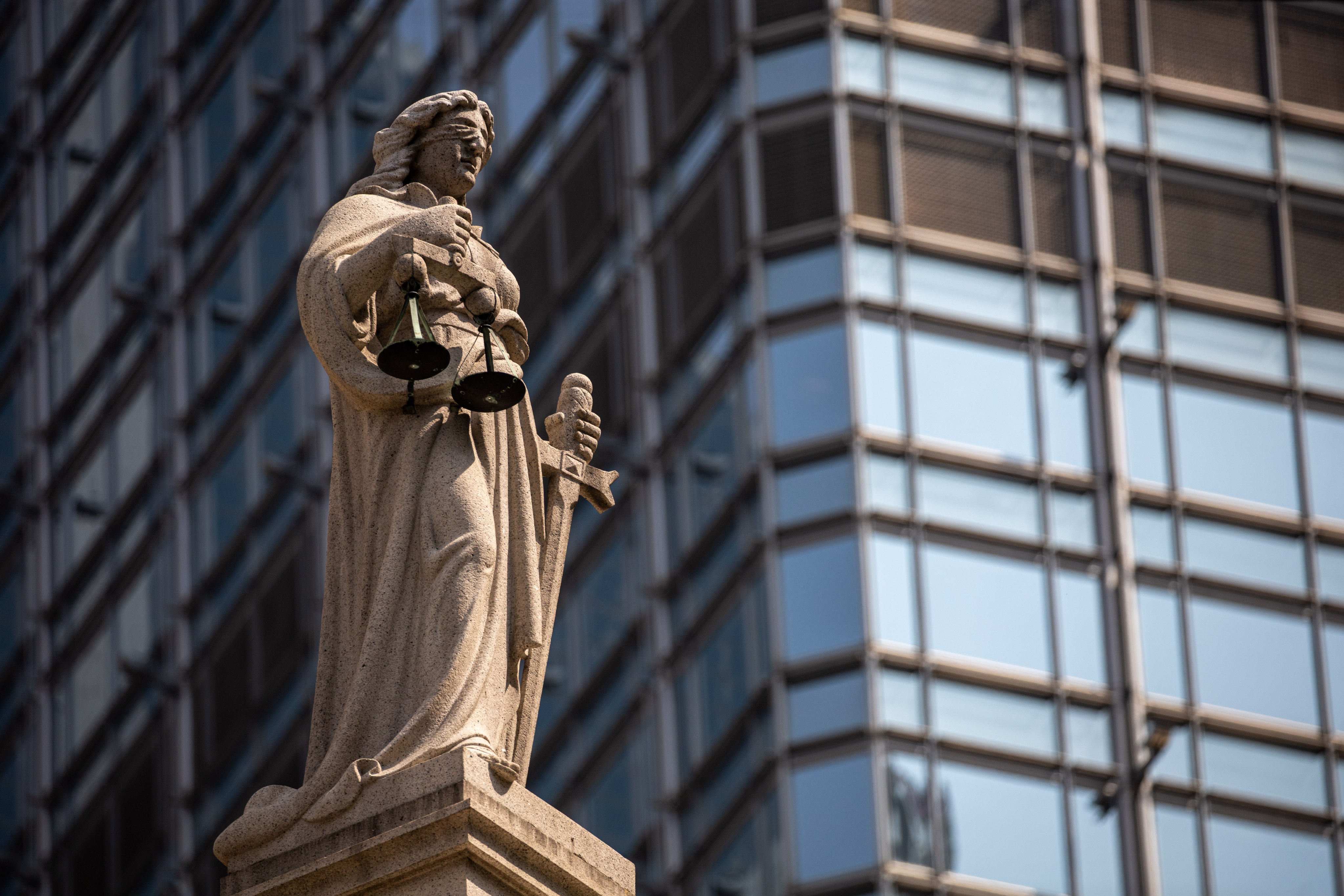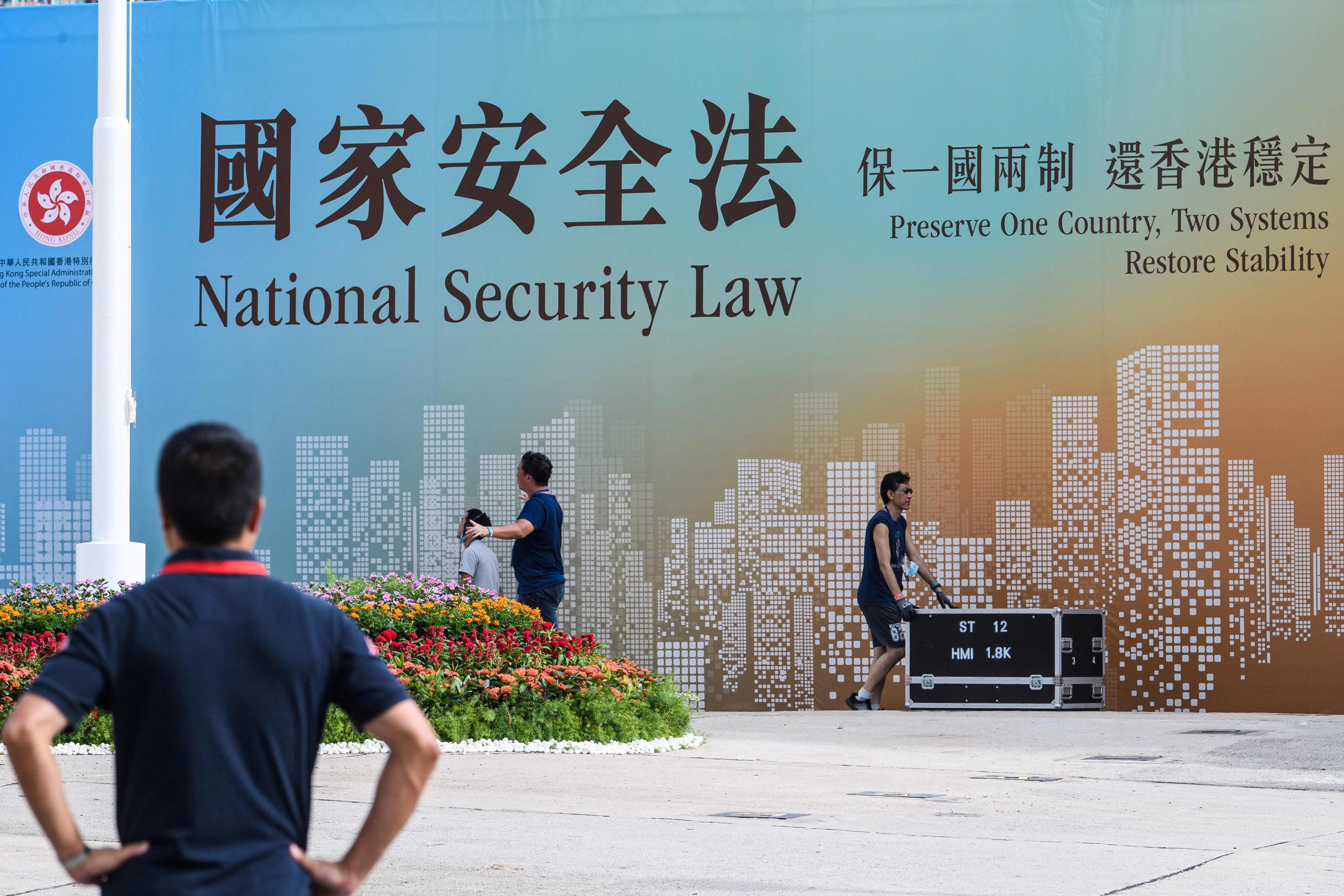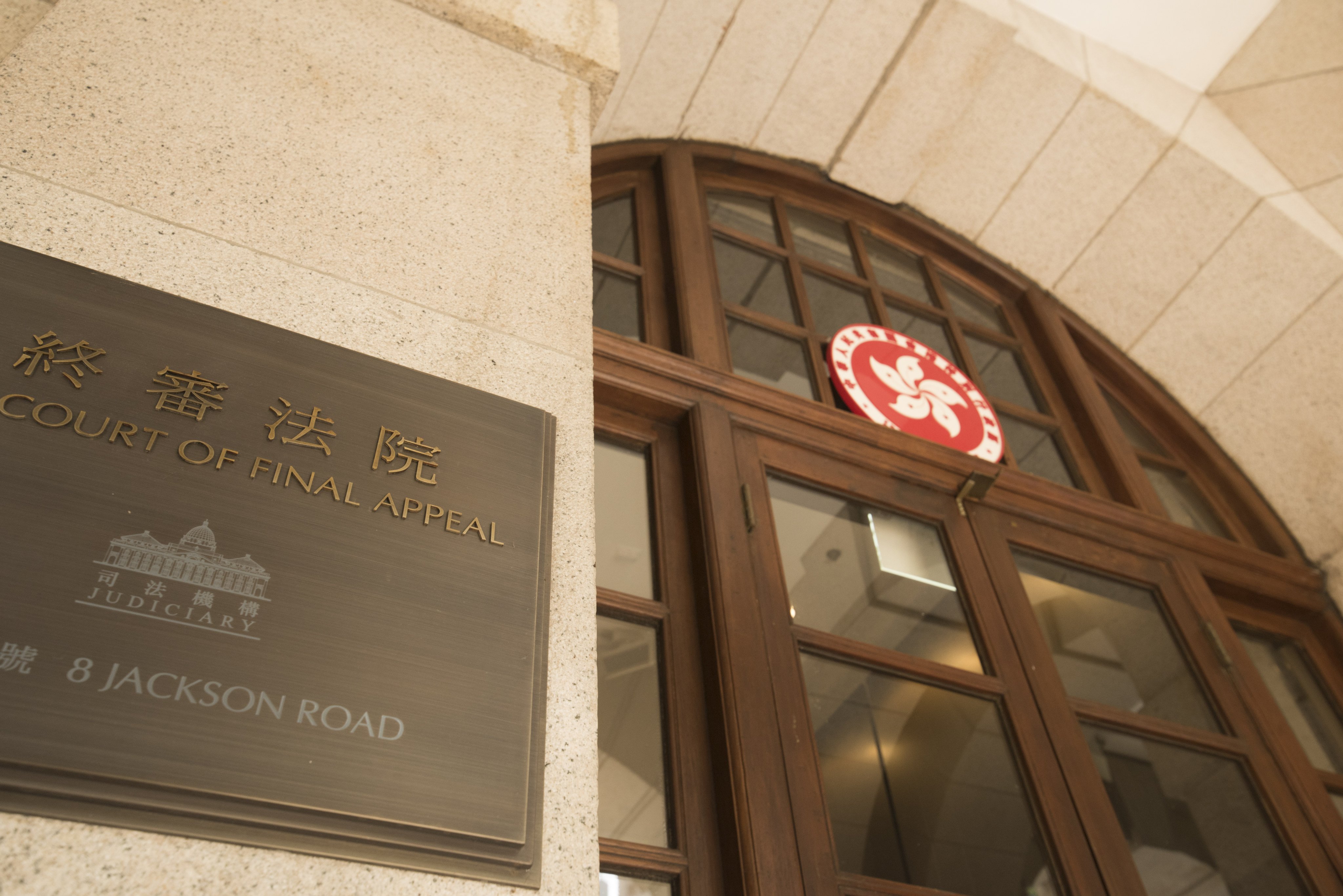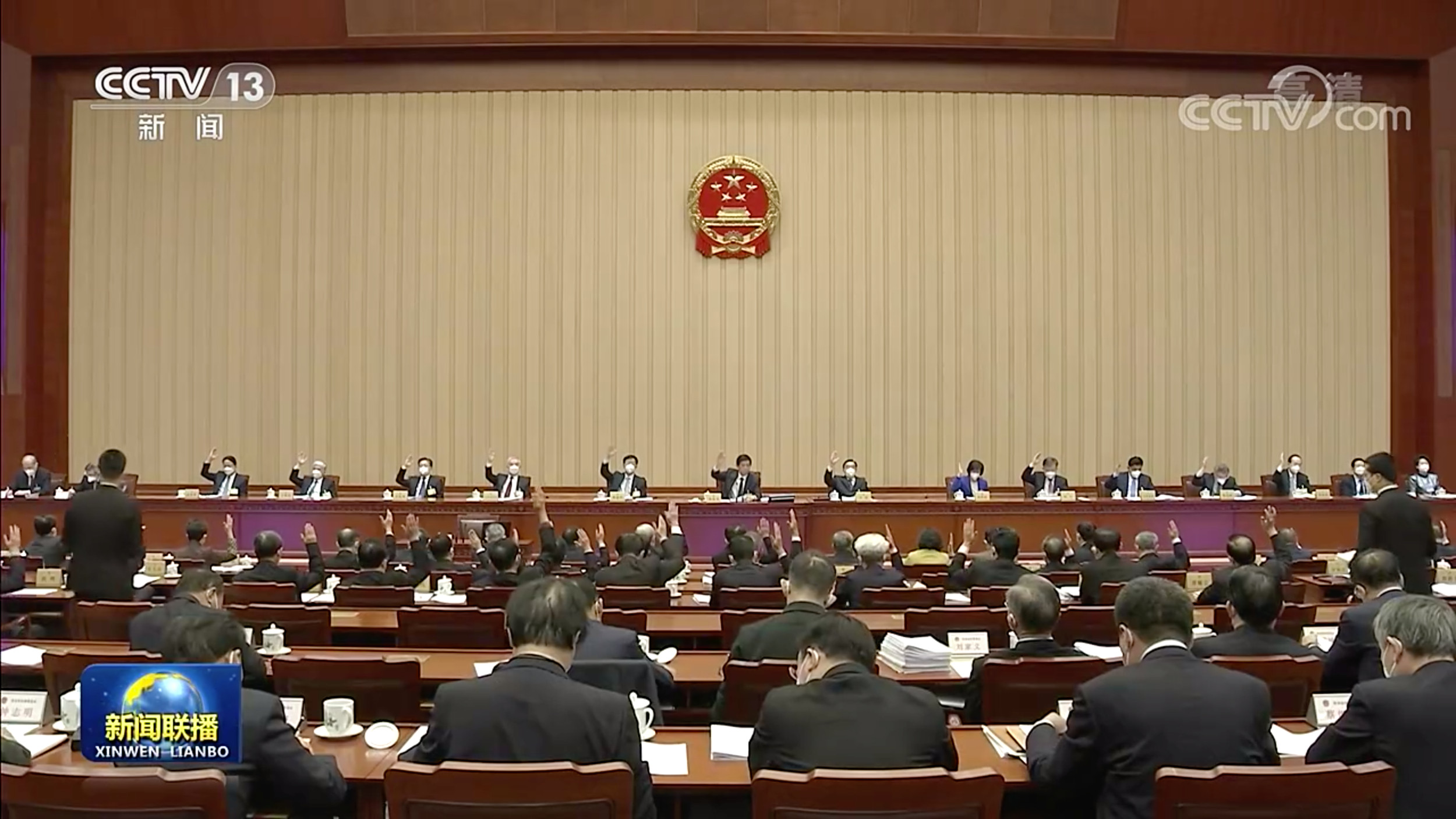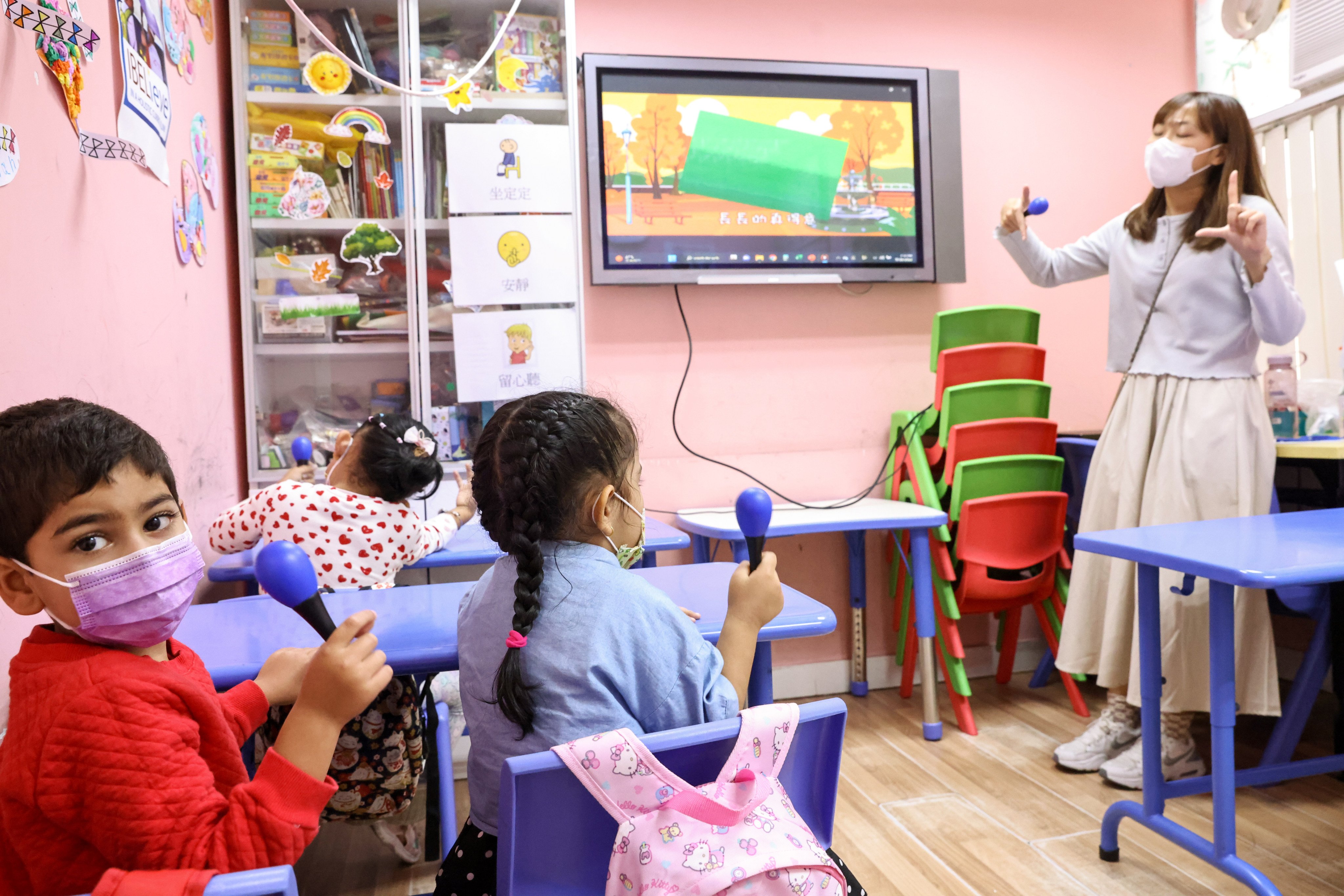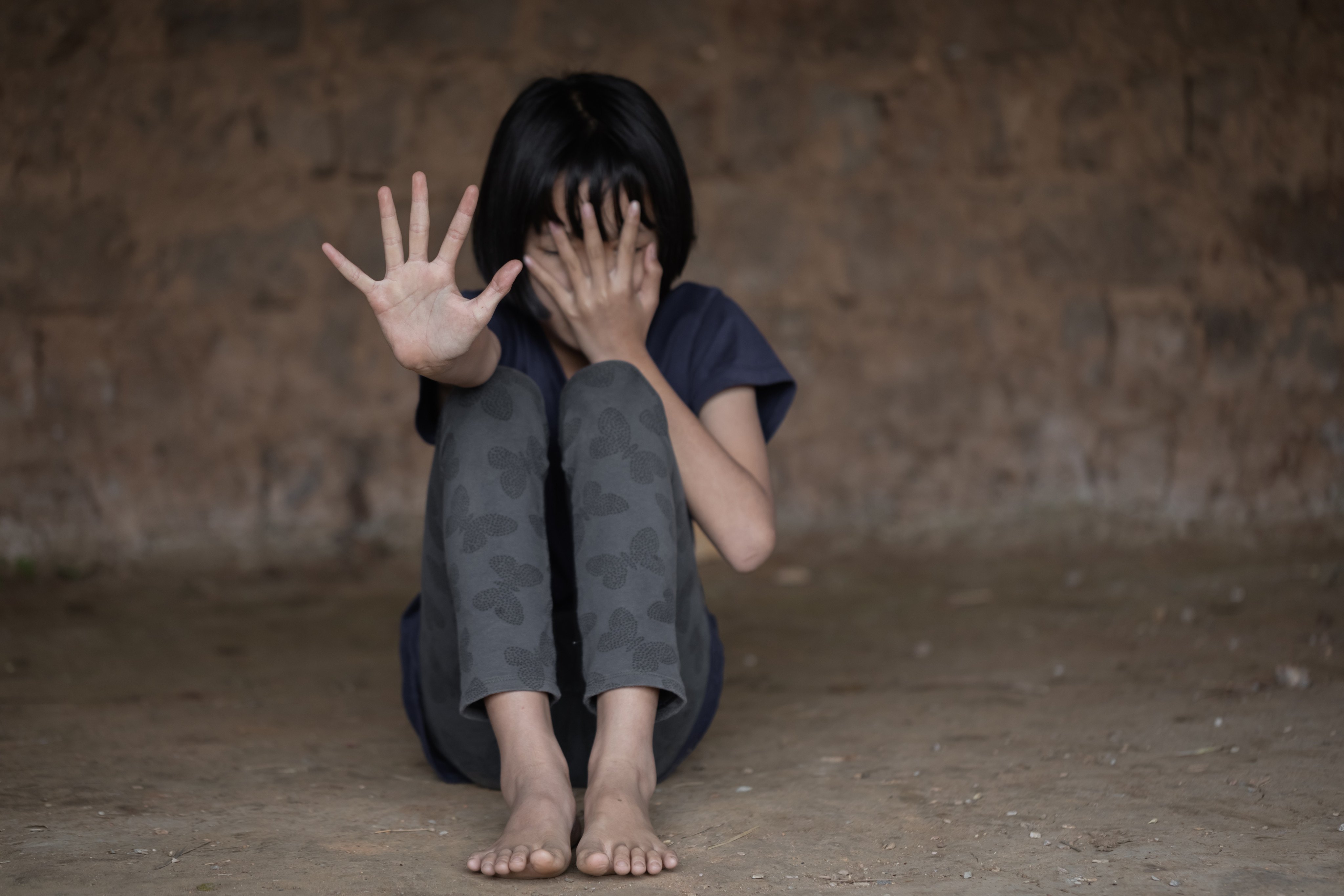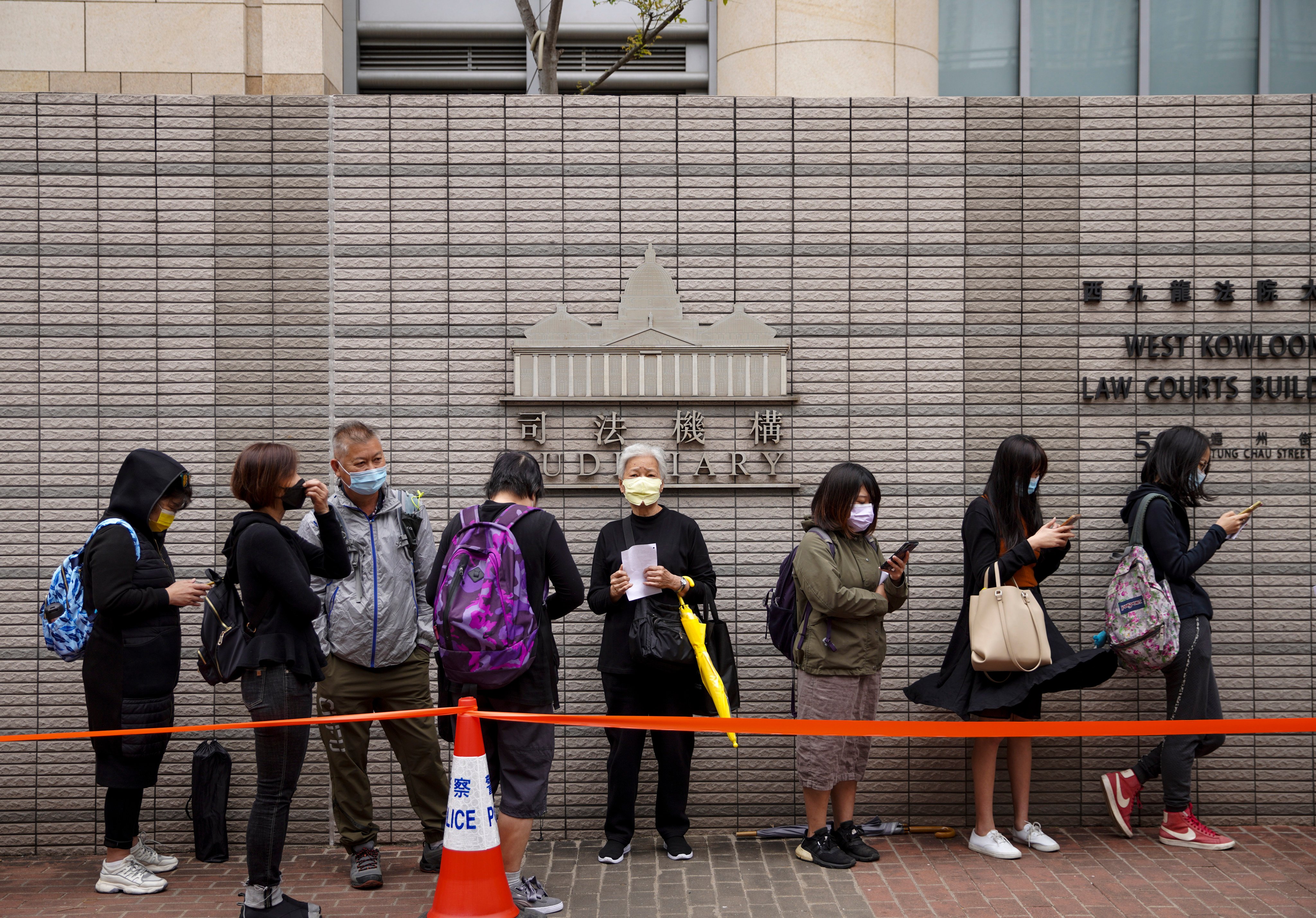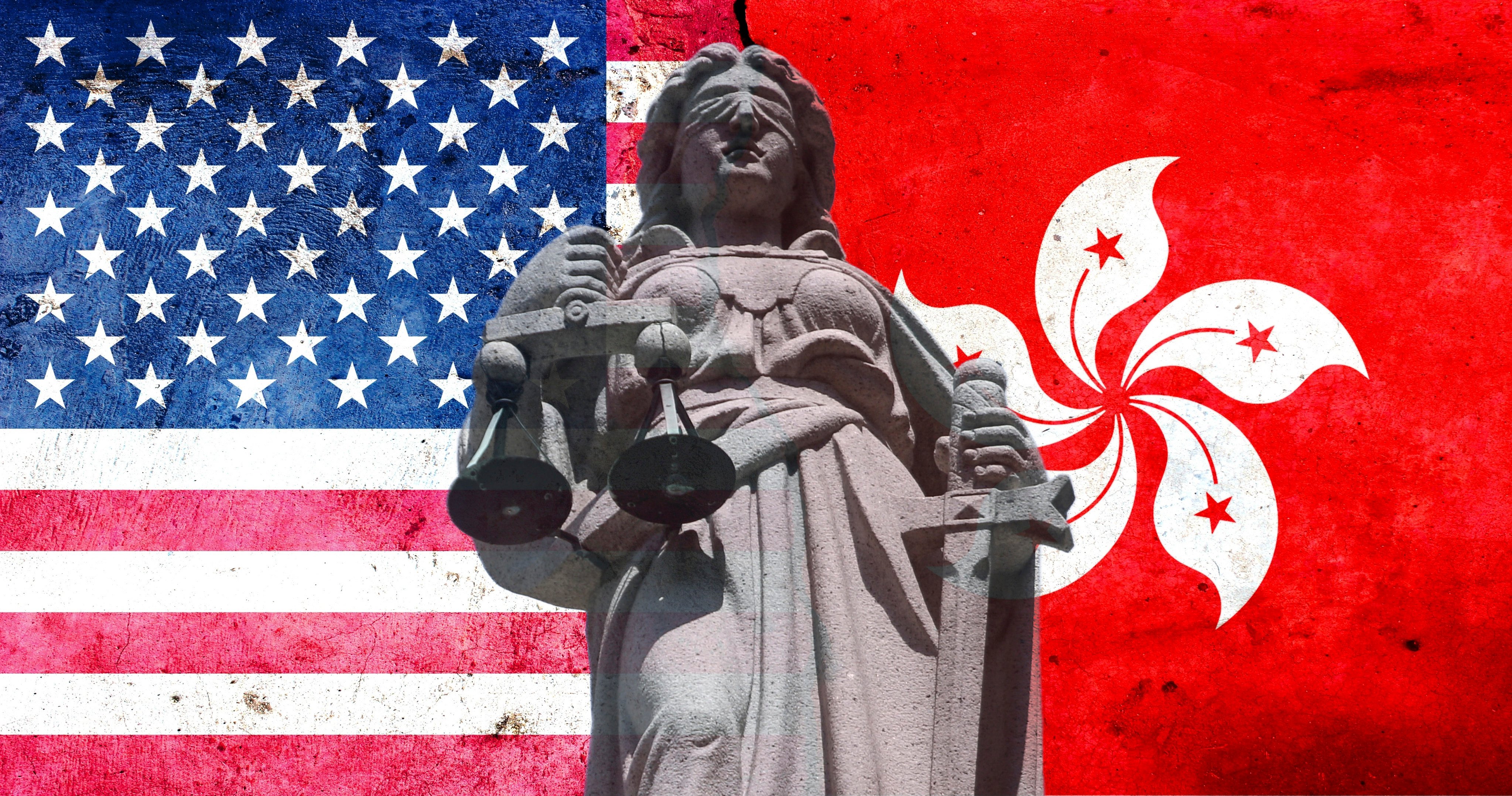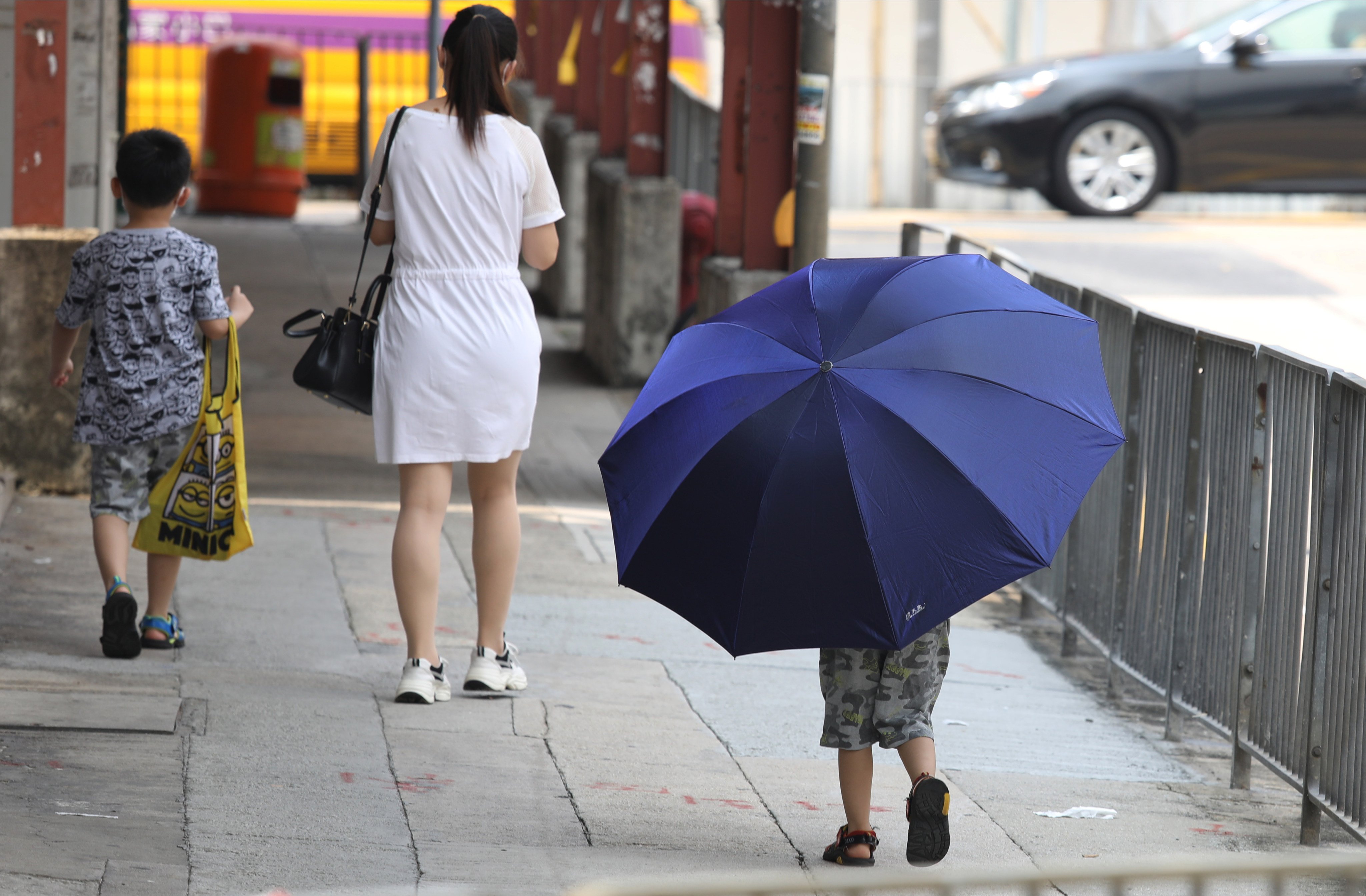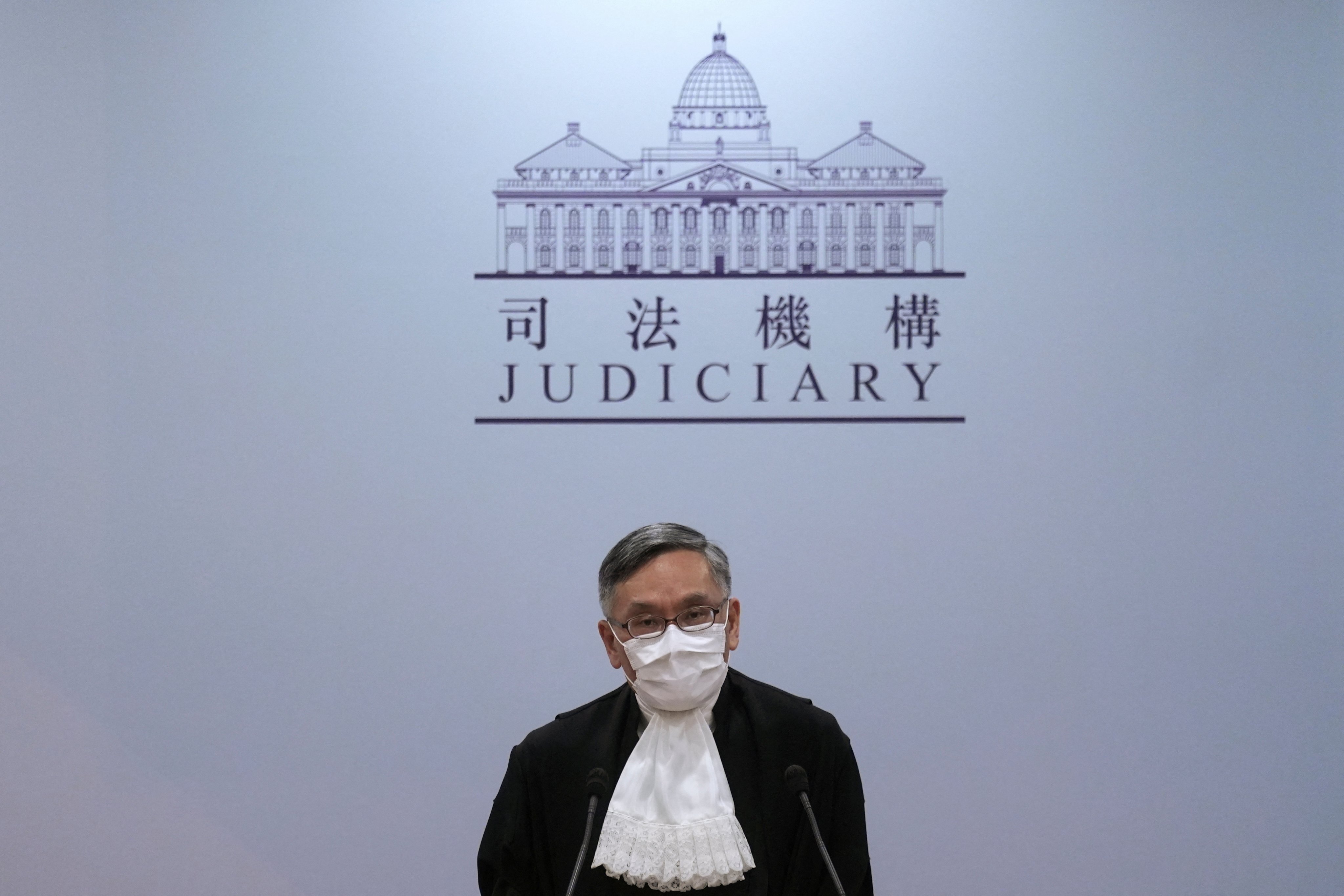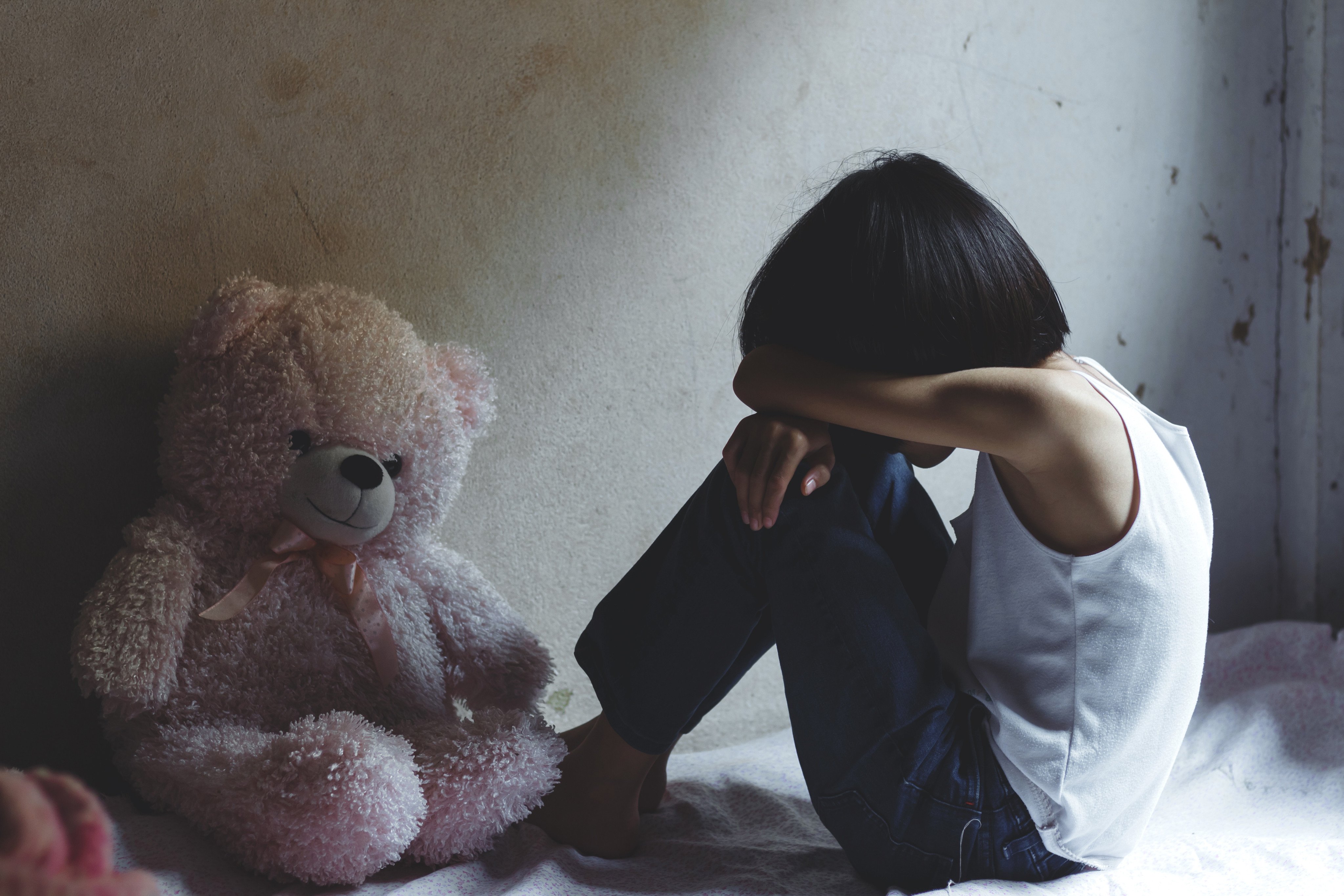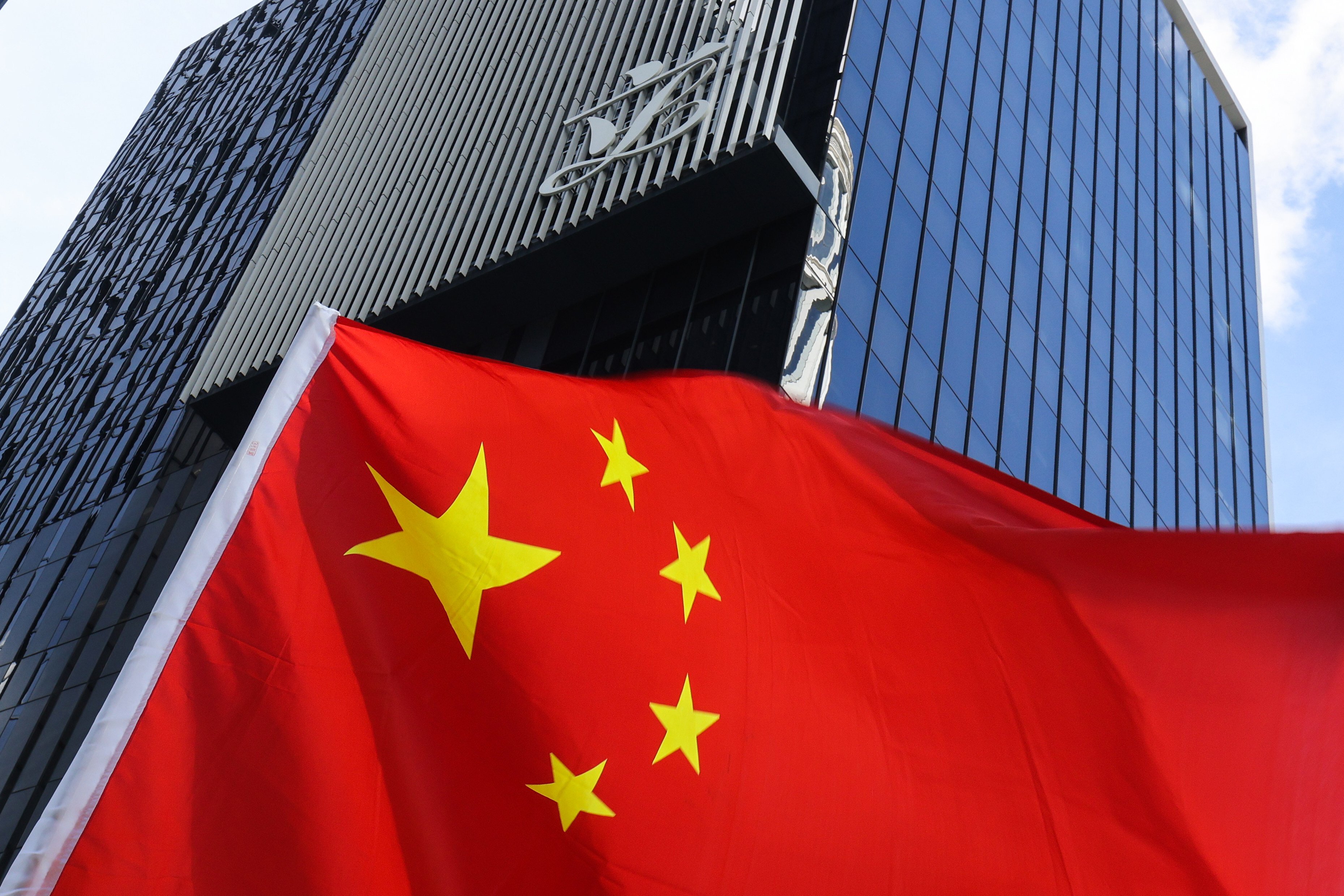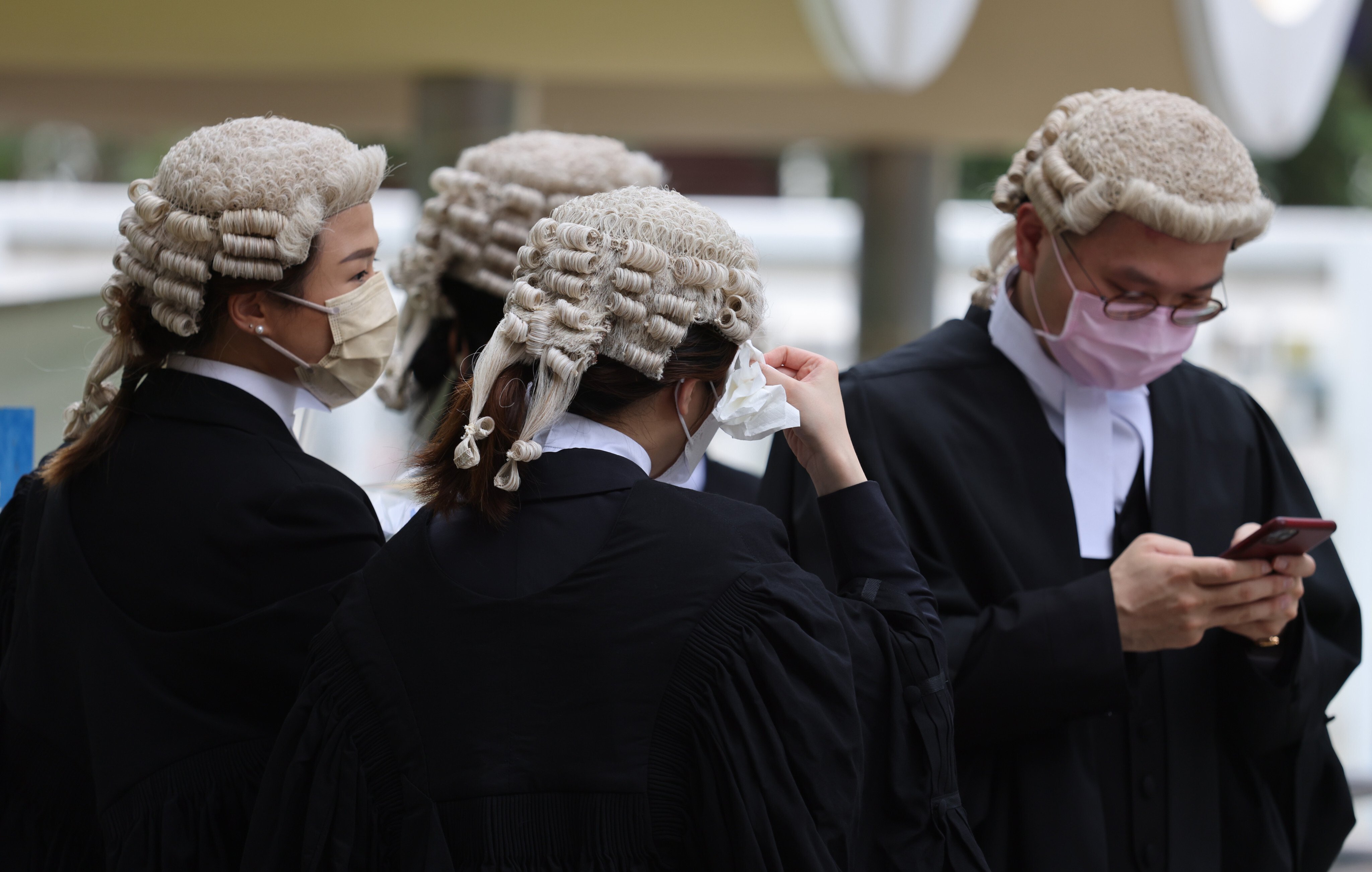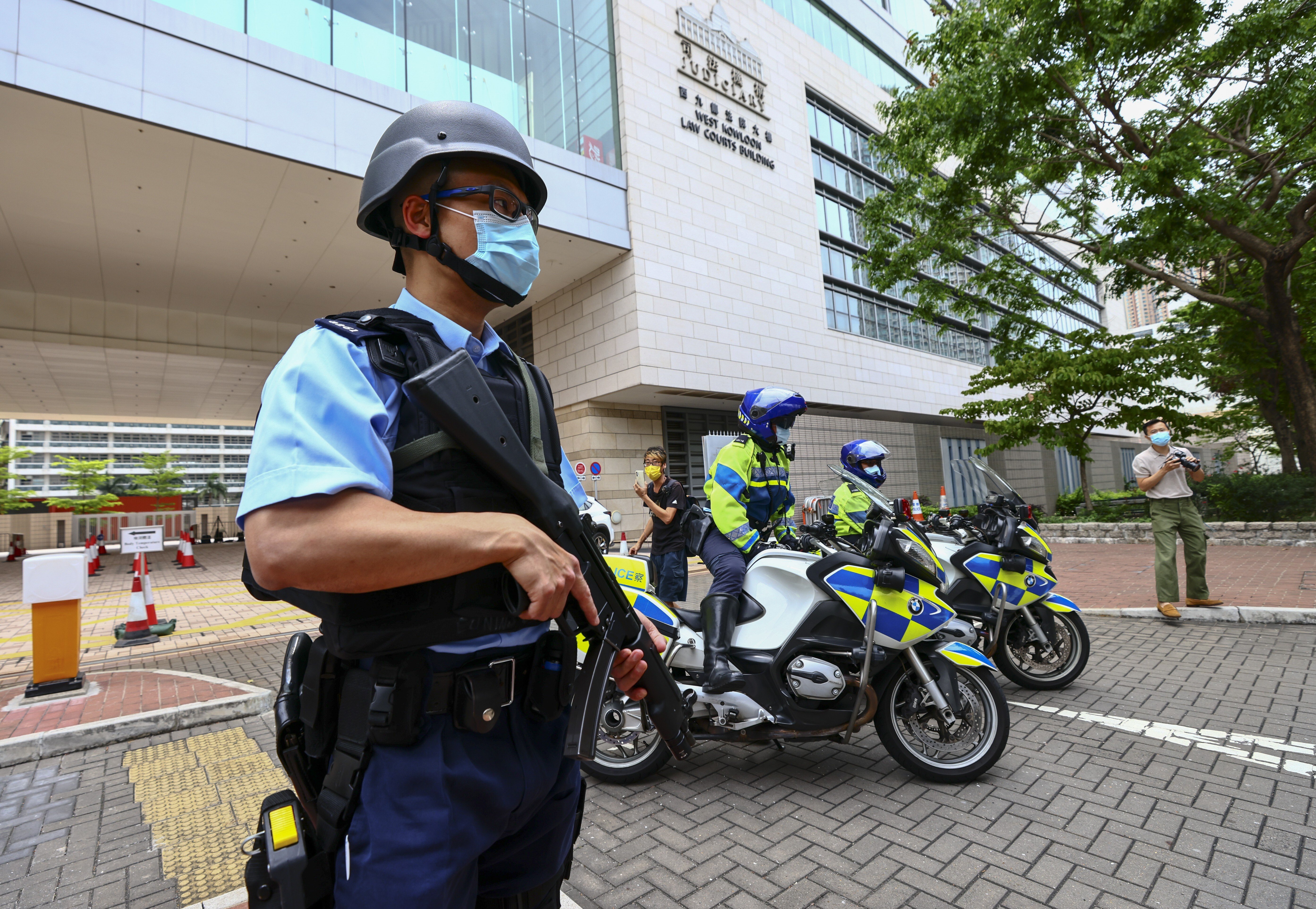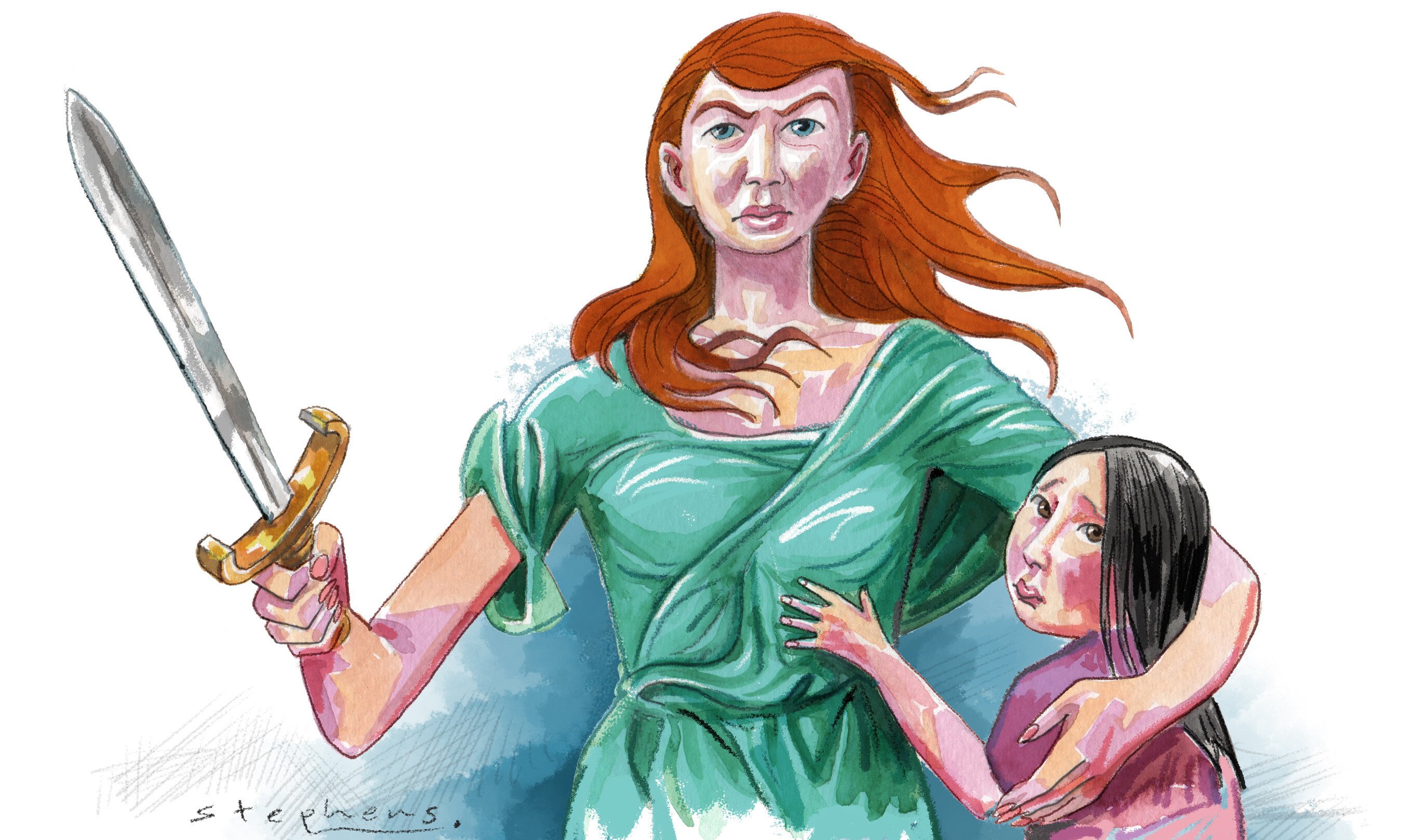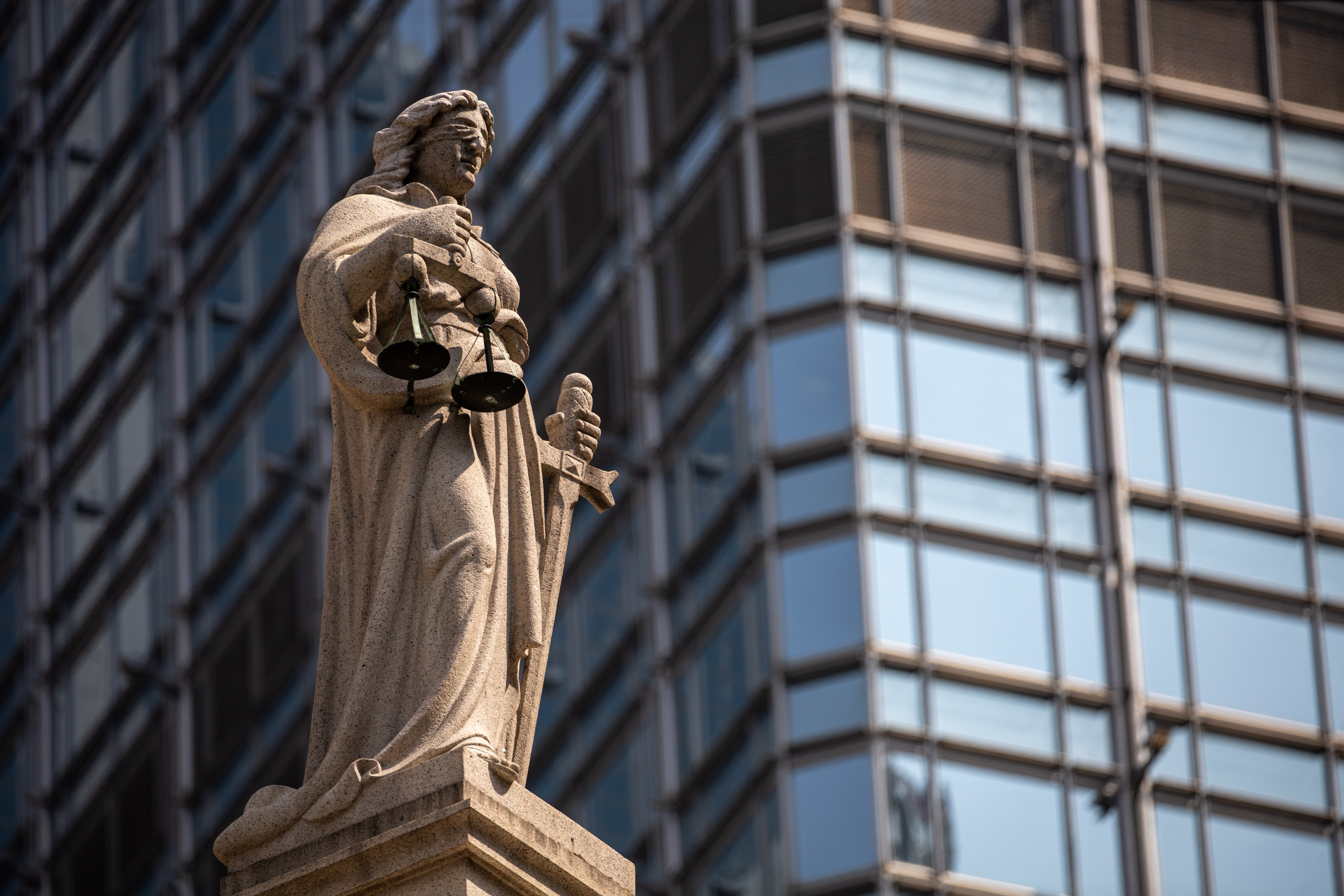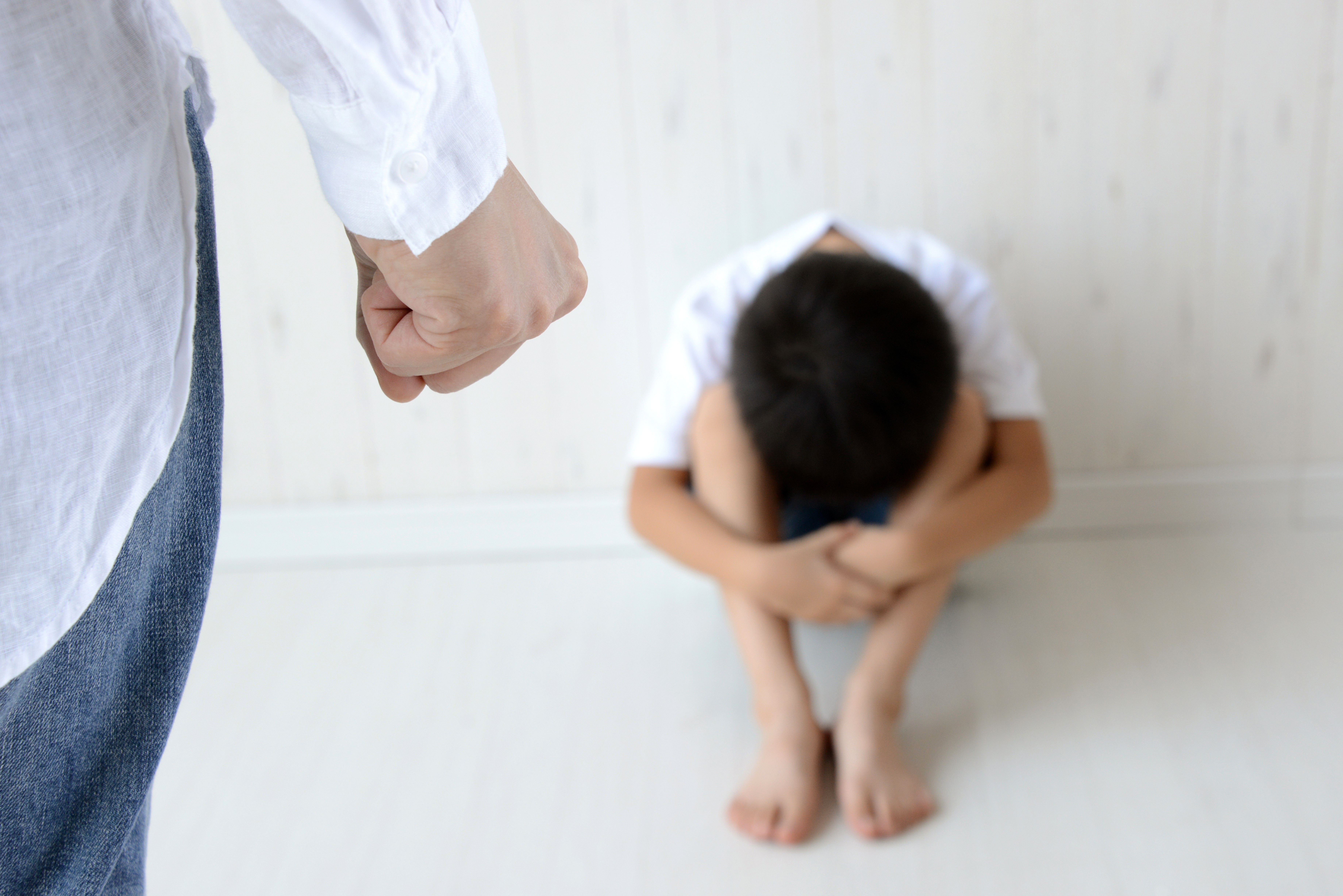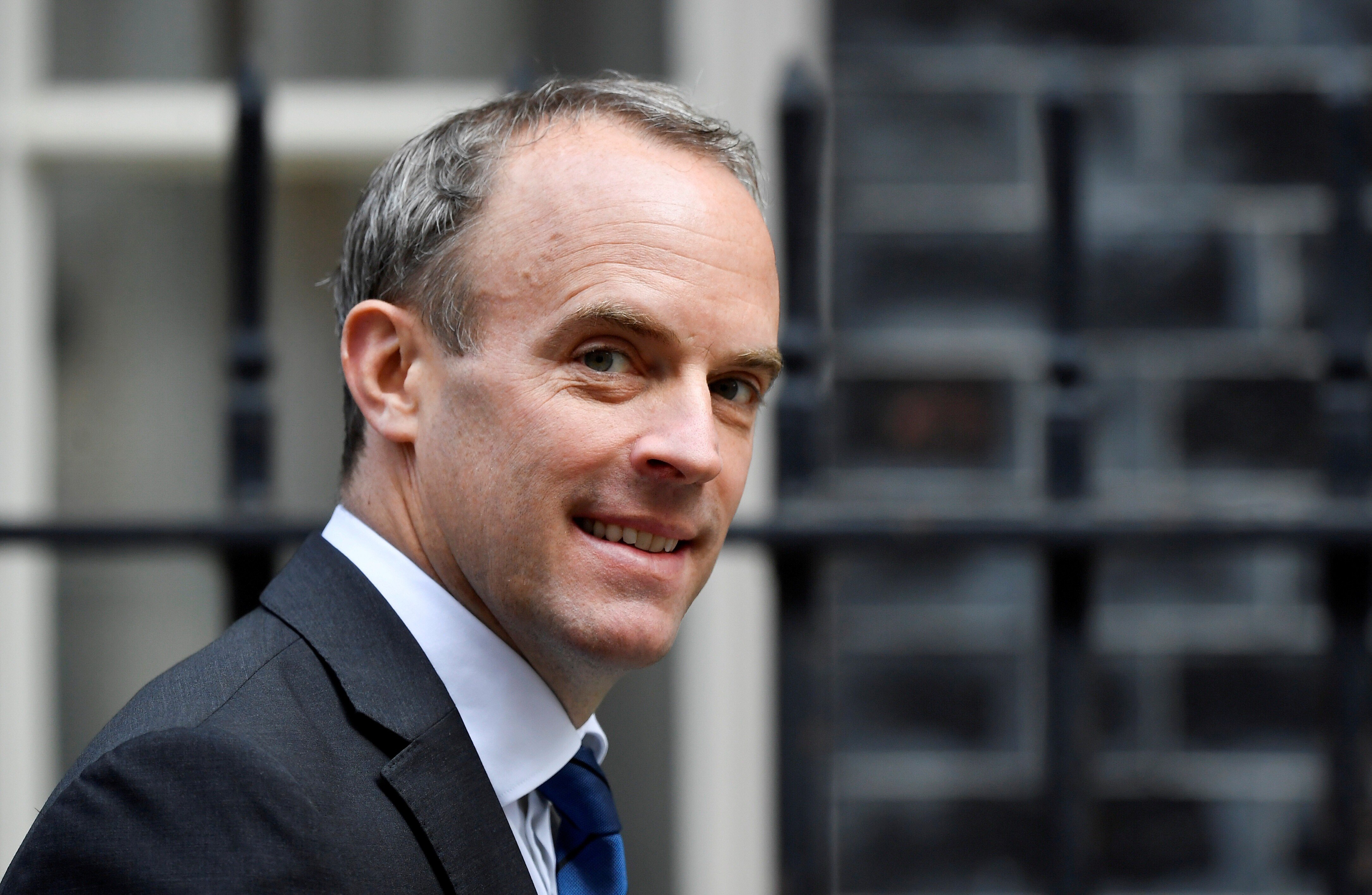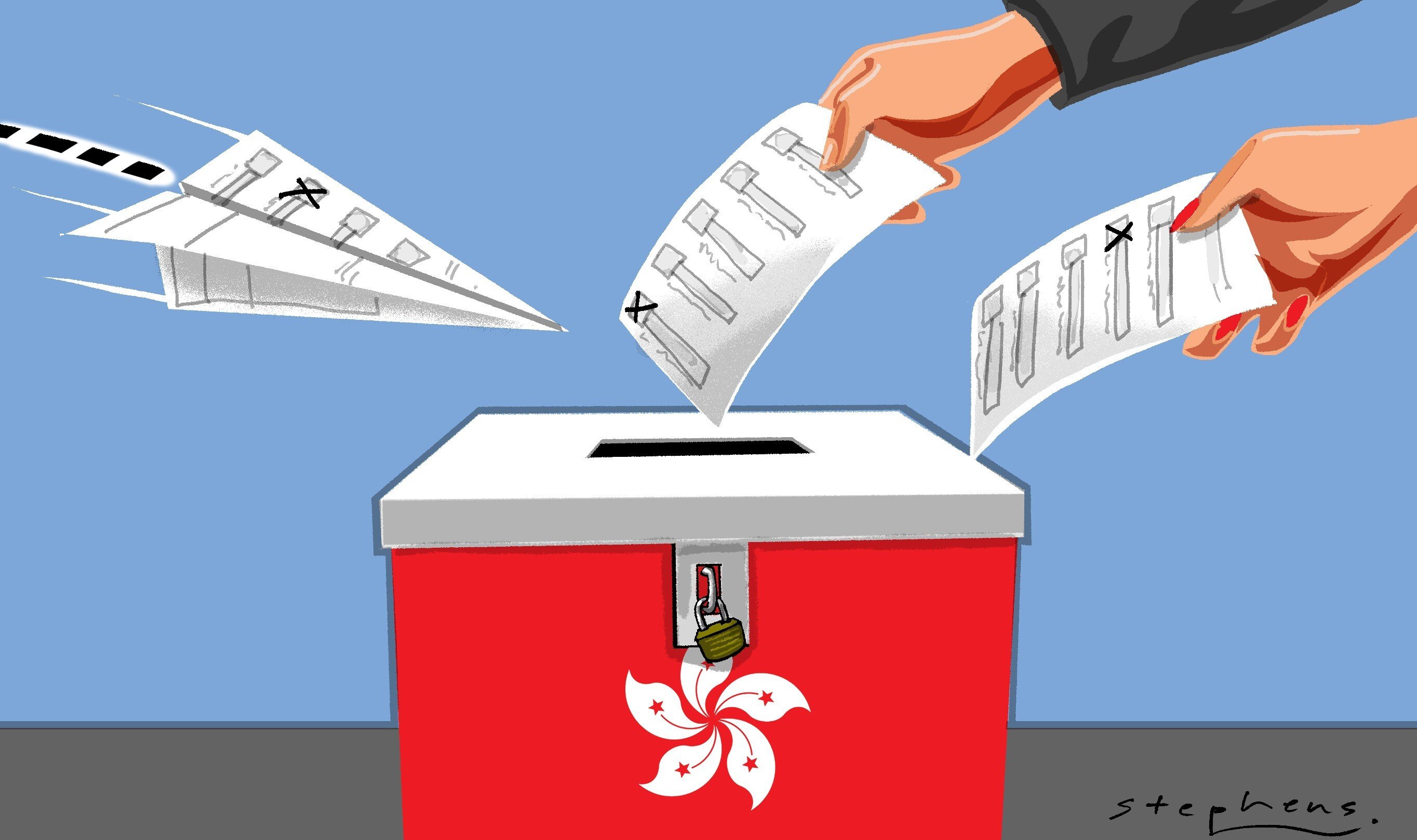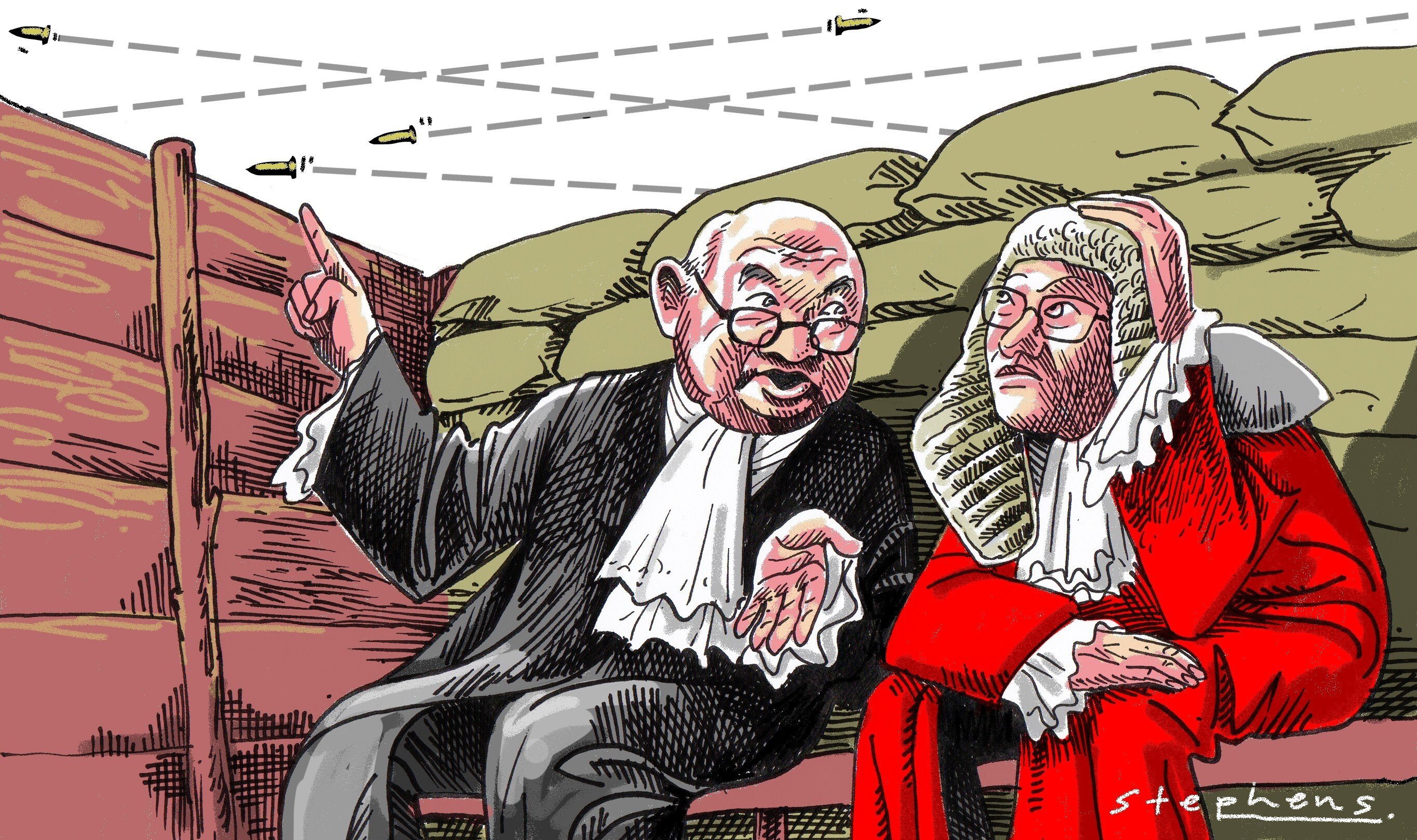Advertisement
Advertisement

Grenville Cross
Grenville Cross SC is a criminal justice analyst, a barrister (senior counsel), and a life senator of the International Association of Prosecutors (IAP). He is a law professor, the sentencing editor of Hong Kong Cases and Archbold Hong Kong and the co-author of Sentencing in Hong Kong. He served as the director of public prosecutions from 1997 to 2009, and as vice-chairman (Senate) of the IAP from 2011 to 2023.
A London-based legal team’s claims about the treatment of the former media tycoon in prison ignore salient information.
With national security laws in place, the city can focus on other areas, from strengthening the judiciary to cross-border litigation.
Most of the heavy lifting was done when the 2020 national security law was enacted but unfinished business remains. Hong Kong’s proposals are defensive in nature, and recognise that suspects must be properly treated.
Child abuse is on the rise, alongside mental disorders and suicides among youngsters, with too many still not getting the help and treatment they need.
Advertisement
Those who attack the national security law for Hong Kong seem oblivious to the legal landscape in their own countries. Julian Assange is fighting extradition to the US for violating its 1917 Espionage Act, while in the UK a strict national security regime also prevails.
Although the judiciary has sometimes faced criticism over its handling of national security and protest-related cases, this is misplaced. A US bill targeting 49 Hong Kong judges, prosecutors and officials is a dirty attack on the rule of law by people who should know better.
The attack by US congressional advisers threatens to undermine judicial independence and amounts to an attempt to pervert the course of justice.
Exposure to online porn, including on social media, is having a negative effect on children. Britain’s Online Safety Bill is pushing for tougher laws yet Hong Kong’s cybercrime subcommittee did not even include online pornography in its preliminary report.
The Department of Justice is proposing the prosecution be allowed to appeal against a Court of First Instance judge’s ruling of no case to answer and three-judge panels’ acquittals in national security cases. These amendments would help to maintain public confidence in the criminal justice system
There will never be an ideal time but after nearly 26 years, Hong Kong must bite the bullet and repay Beijing’s trust – by enacting the remaining parts of Article 23 within the next 12 months
Chief Justice Andrew Cheung’s proposal to introduce live broadcasting in some courts would go a long way to demystify proceedings. It would also bring Hong Kong in line with other common law jurisdictions like the UK and New Zealand, where such arrangements have proved successful.
A blanket ban on foreign lawyers, as some feared, has not happened. Instead, the interpretation simply guards against interference by malignant actors, and only in cases involving national security.
Whether aimed at ethnic minority pupils, the children of mainland Chinese parents or local autistic children, discrimination is alive and well. More laws are not enough, we should take a hard look at ourselves and cherish differences, not revile them.
As the government has now acknowledged the principle of mandatory reporting, a minimalist approach has nothing to commend it. The public needs to know how seriously an offence is viewed by the legislature, not least because this can affect compliance.
Hong Kong’s legislation is hardly unique. Jurisdictions such as the UK, New Zealand and Greece allow non-jury trials where necessary. Even the European Court of Human Rights holds that there is no right to a jury trial, though it is focused on the fairness of trials.
Call by US lawmakers to punish the justice secretary and 15 prosecutors for their work on national security and protest-related cases is a shocking violation of international norms and an affront to criminal justice.
If the incoming government is to achieve its full potential, it must accord child protection the highest priority, not least because this is an investment in the future. Banning corporal punishment at home would be a good place to start.
The chief justice’s defence of the city’s judicial independence at the opening of the legal year was timely, particularly his rebuttal of continuing criticism over a provision in the law allowing the chief executive to designate judges who try these cases.
The American singer says she was first exposed to online pornography at 11; a recent survey in Hong Kong shows she is not alone. New laws are needed to ensure internet service providers and operators of adult websites are not allowing children to access damaging content.
Changes should include a requirement to report suspected child abuse, while psychological and online abuse must also be covered, and corporal punishment banned in all situations.
Beijing has done the heavy lifting: the national security law addresses secession, subversion, terrorism and collusion with foreign forces. But Hong Kong still has to update its own laws on treason, sedition and theft of state secrets.
Teresa Cheng’s proposal seeks to end unjustifiable discrimination between legal officers performing identical or similar duties. The situation of Hong Kong’s solicitor-advocates also requires redress.
Since the anti-government protests, courts have been firebombed and judges threatened. The rule of law is Hong Kong’s foundation stone, and anybody who endangers it must face the full force of the law.
Now is the time to act on multiple recommendations to pass laws requiring mandatory reporting for suspected cases of child abuse. Child protection must be prioritised, which means the enactment of a comprehensive reform package by the end of the year.
Hong Kong can look towards Britain and mainland China where there are specific legal frameworks for statutory compensation, enhancing criminal justice.
Boris Johnson is the hero of the hour for securing a better-than-expected EU trade deal but the role of his predecessor, Margaret Thatcher, in sowing the seeds of Brexit, must never be forgotten.
Risks to children have risen during the coronavirus pandemic and the antiquated law must be extended to cover emotional abuse and neglect, sexual grooming, cyberbullying and doxxing.
If Dominic Raab is genuinely concerned about the national security law for Hong Kong, he should be encouraging British judges to remain on the city’s Court of Final Appeal so they can help ensure just outcomes.
Hong Kong’s ICAC, which oversees electoral fraud, has ample experience working with counterparts elsewhere to pursue offenders. The move to allow the millions of Hongkongers living on the mainland to vote is long overdue.
Accusations of bias among judges have arisen amid protest-related cases, but there are mechanisms in place to handle complaints. If people keep politics out of the courtroom, concerns about the independence of Hong Kong’s judiciary will diminish.

